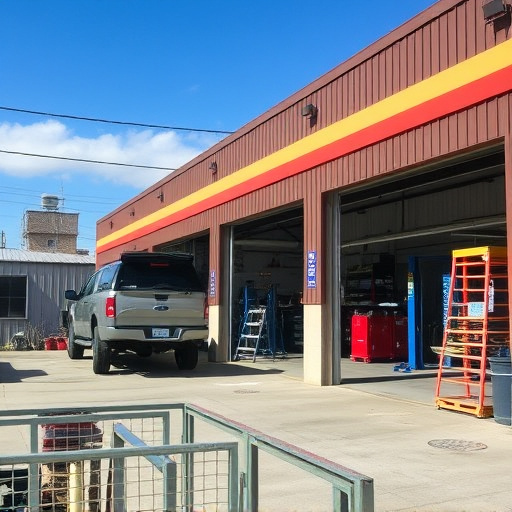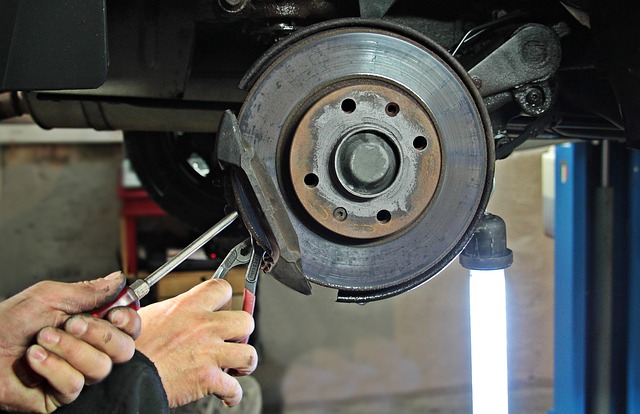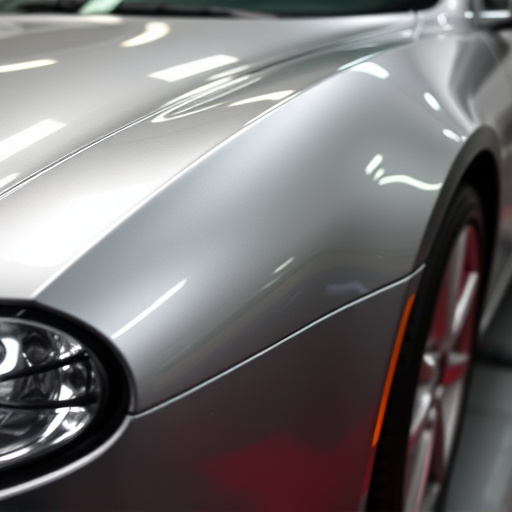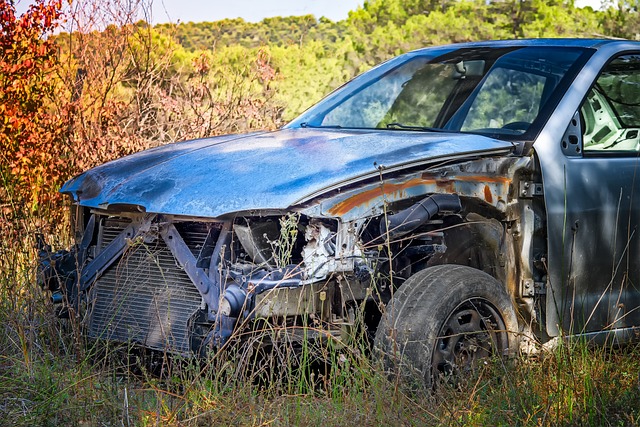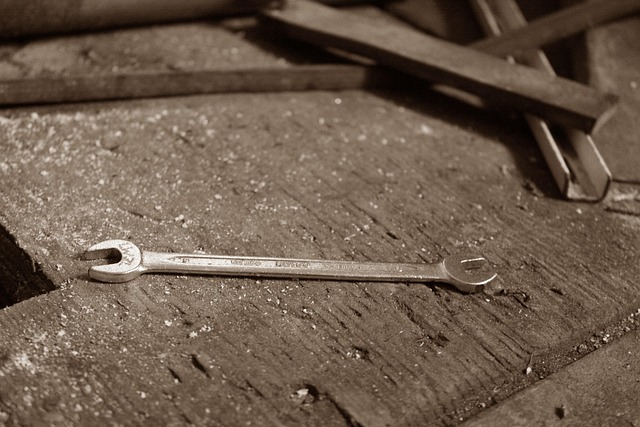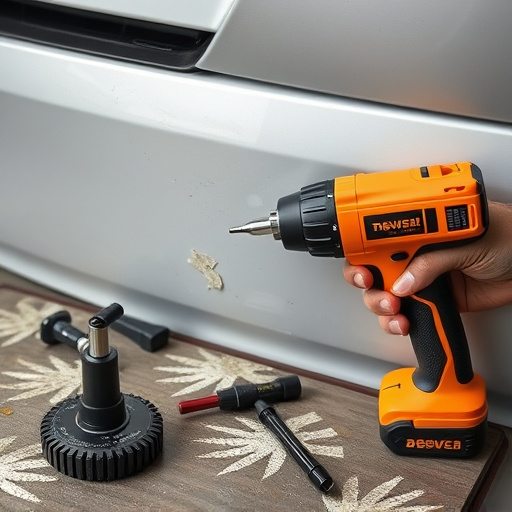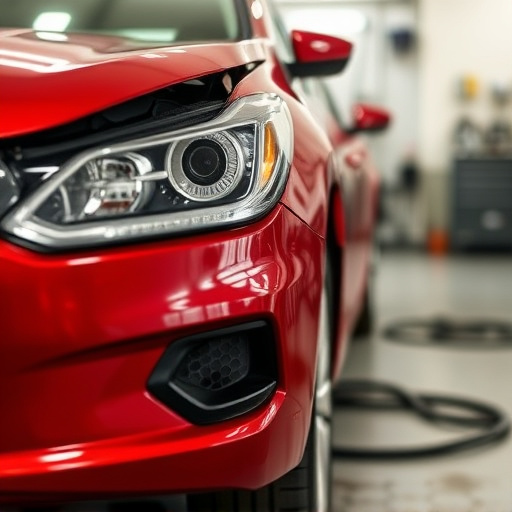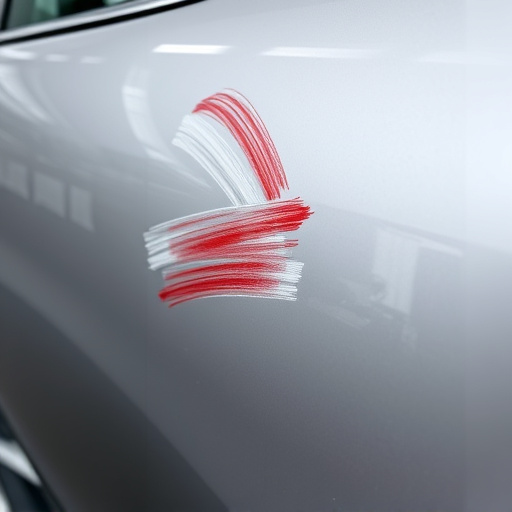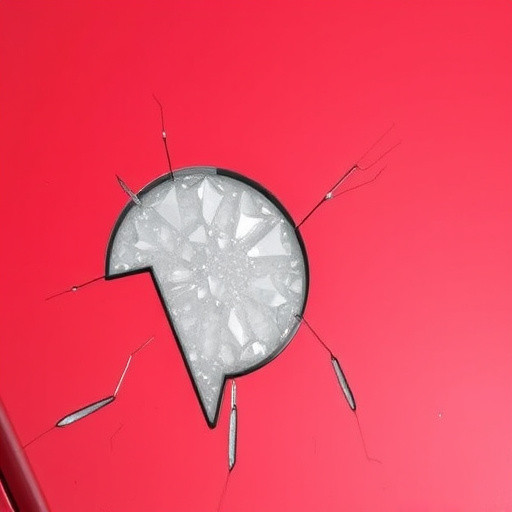Mercedes Lane Assist, a cutting-edge safety feature, relies on precise calibration for optimal performance. Even minor repairs like auto body work can disrupt its sensitivity, affecting lane-keeping ability. Post-repair, especially after chassis or steering adjustments, Mercedes lane assist recalibration is vital to ensure accurate road marking detection and correct steering. Proper recalibration enhances safety, restores confidence in advanced technology, and provides drivers with peace of mind on the road.
Mercedes’ Lane Assist is a vital safety feature designed to keep vehicles centered in their lane, preventing accidents. However, after repairs, the system’s accuracy can be affected. This is where Mercedes lane assist recalibration becomes crucial.
This process restores the system’s reliability by fine-tuning its sensors and algorithms to ensure it functions optimally, enhancing driver safety on the road. Understanding both the feature’s importance and the need for recalibration post-repair is key for Mercedes owners.
- Understanding Mercedes Lane Assist: A Key Safety Feature
- The Impact of Repair on Lane Assist Accuracy
- Recalibration: Restoring Lane Assist Reliability After Repair
Understanding Mercedes Lane Assist: A Key Safety Feature

Mercedes Lane Assist is a cutting-edge safety feature designed to prevent accidents and ensure a secure driving experience. This advanced technology uses sensors and cameras to monitor a vehicle’s position within its lane, providing real-time guidance to keep it on course. When drivers drift unintentionally, the system offers gentle steering corrections, alerting them to potential dangers. It’s a game-changer in the automotive industry, especially for those who appreciate cutting-edge safety features.
After a repair at an automotive body shop or collision repair center, recalibration becomes essential for Mercedes Lane Assist to function optimally. This process ensures that the system is aligned accurately with the vehicle’s new specifications, maintaining its effectiveness. Recalibration is crucial because even minor adjustments during repairs can impact sensor sensitivity and positioning, potentially affecting the lane-keeping ability. Therefore, a proper Mercedes lane assist recalibration after repair guarantees that this safety feature operates at peak performance, offering drivers enhanced peace of mind on the road.
The Impact of Repair on Lane Assist Accuracy

When a vehicle undergoes repairs, especially involving intricate systems like Mercedes Lane Assist, the accuracy and reliability of its performance can be impacted. Auto body repair or even simple procedures like vehicle dent repair might inadvertently affect the system’s calibration. Mercedes Lane Assist, designed to keep the car centered in its lane, relies on precise sensors and software to function effectively. Any misalignment during the repair process could lead to inaccurate readings, causing the system to fail to steer correctly or provide false warnings.
This is particularly critical for drivers who rely on this advanced safety feature for daily commutes and long-distance travel. Therefore, after any mercedes benz repair that could affect the Lane Assist, a thorough recalibration becomes essential. It ensures that the system functions optimally, enhancing road safety and driver confidence.
Recalibration: Restoring Lane Assist Reliability After Repair

After a repair that involves adjustments to the chassis or steering components—including but not limited to vehicle paint repair, car scratch repair, or frame straightening—the intricate systems within your Mercedes, like Lane Assist, require recalibration. This process is essential as it restores the reliability and precision of the Lane Assist system, ensuring it functions optimally once again.
Recalibration fine-tunes the sensors and cameras that make up the Lane Assist technology, allowing them to accurately detect road markings and adjust steering accordingly. Without this step, the system might continue to show discrepancies or fail to correct your vehicle’s path as intended. A properly recalibrated Lane Assist system provides enhanced safety features, making your driving experience smoother and more secure on winding roads and highways alike.
Mercedes Lane Assist, a vital safety feature, requires recalibration after any repair for optimal performance. The precise sensor calibration ensures the system accurately steers you back onto your path. Without this crucial step, the feature might malfunction, leaving potential risks unaddressed. Thus, prioritizing Mercedes lane assist recalibration post-repair is essential to maintain vehicle safety and reliability.
